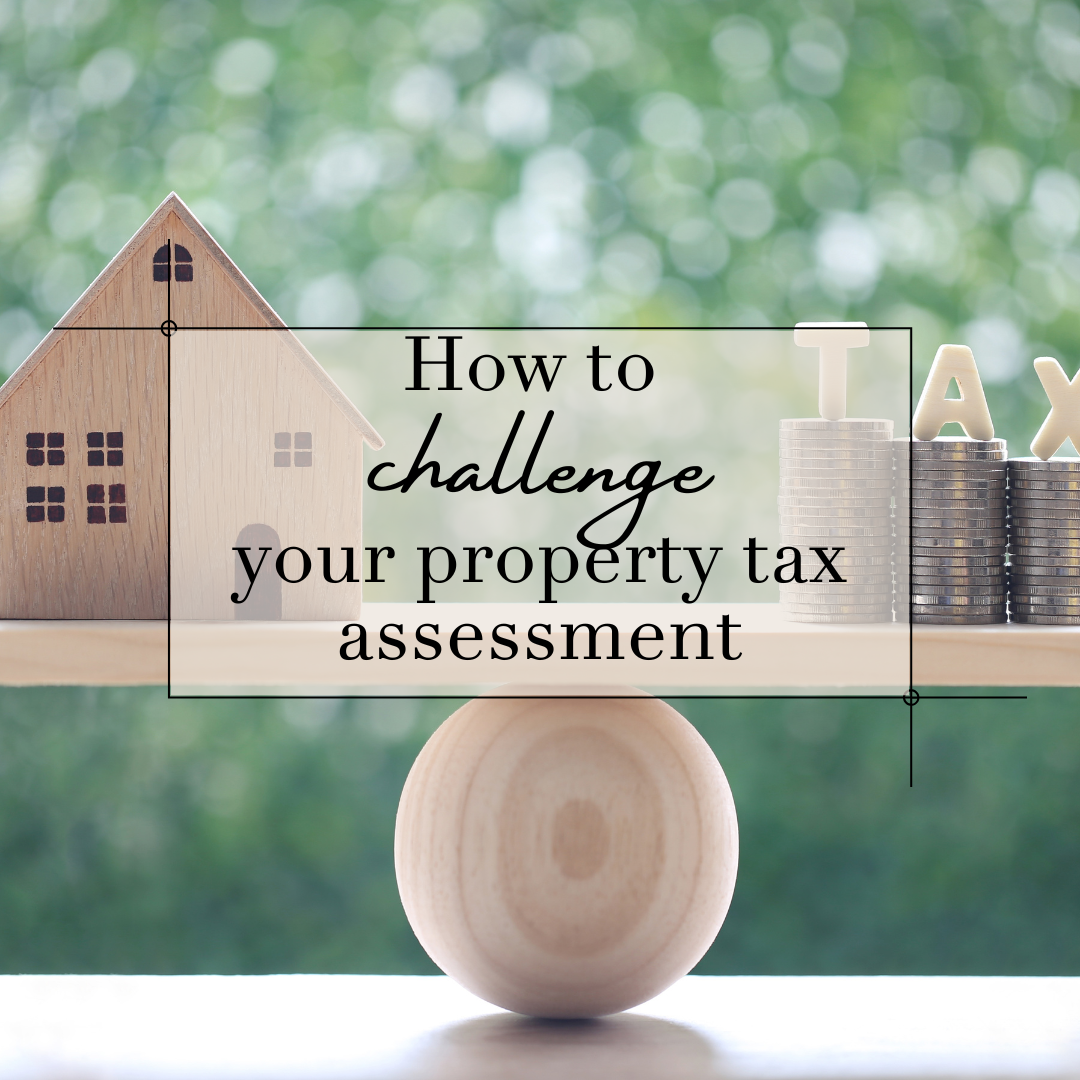
Homeowners like to see their home increase in value — it means you made a good decision purchasing this property. Kudos to you! But before you start high-fiving about how much your home is worth, you might want to take a closer look at your tax assessment.
Remember … the higher the assessment, the higher your tax bill.
The City of Calgary sends out property tax assessments each year, and you might be faced with these two dilemmas when you get yours:
1. What happens if you’re not happy with it and think it’s too high?
2. How do you prove that the true market value of your home is less than the assessor’s estimate?
Review Your Assessment Carefully
Whether you’re a new homeowner or not, you should carefully look at your assessment each year to look out for mistakes and understand the process. That way, you’ll know what steps you need to take if you want to appeal it in order to lower it.
When you receive your assessment copy, take the time to make sure everything is accurate before your lender pays it.
Depending on Calgary’s current real estate market, it could be an accurate reflection of your current home’s value. Or, maybe not.
It’s up to YOU to find out since the City isn’t in any rush to reduce tax revenue on their own.
Many times you have a limited window which is called the “customer review period” so know the deadline and the process. It changes slightly every year but typically goes from January early March Become familiar with it now, so you’re prepared when you get that letter in the mail. Deadlines are very strict and must be met.
Must-Do Steps before contacting the City Assessment department
Here are four steps you need to take to see if you should appeal your assessment.
1. Do Some Research
• Records are kept in your City myID account and online through the city of Calgary’s assessment search function.
• Assessors use either replacement value or comparable sales prices as July 1 of the previous year to determine a home’s fair market value, which is considered the estimated price a home would fetch on the open market.
2. Correct Errors
• Make sure the description of your home is accurate. Verify the lot size, the number and type of rooms, and the square footage. This is very important, so look closely.
• Look for mistakes, such as a half-bath recorded as full bath or a screened-porch that’s included in your year-round living space. It happens more than you think, so double-check.
3. Compare to Other Homes
• Look at public records in the Assessment Search tool on the City’s website to see how your home stacks up to comparable homes in the neighborhood. “Comparable” means homes of the same size, age, and general location. For example, homes near a busy road are valued less than those next to a quiet park or wooded area.
• Hire a realtor or an appraiser if you can’t do the legwork yourself.
• Determine if your tax savings warrants a challenge … will the payoff be worth the effort?
4. Contact the City’s Assessment department
• If your assessment seems high and unfair, make sure you have the proof and the paperwork to back up any claims. You can’t just cry wolf so be prepared.
• If you are not able to reach an agreement through the Assessment Department you may file a complaint to the Assessment Review Board.
• Visit these websites for detailed information:
https://www.calgary.ca/property-owners/assessment/review-period.html
Don’t feel like you have to do this on your own! If you have questions please email me. I can help you with calculating your home’s values by sending you a market analysis report.
Remember … the higher the assessment, the higher your tax bill.
The City of Calgary sends out property tax assessments each year, and you might be faced with these two dilemmas when you get yours:
1. What happens if you’re not happy with it and think it’s too high?
2. How do you prove that the true market value of your home is less than the assessor’s estimate?
Review Your Assessment Carefully
Whether you’re a new homeowner or not, you should carefully look at your assessment each year to look out for mistakes and understand the process. That way, you’ll know what steps you need to take if you want to appeal it in order to lower it.
When you receive your assessment copy, take the time to make sure everything is accurate before your lender pays it.
Depending on Calgary’s current real estate market, it could be an accurate reflection of your current home’s value. Or, maybe not.
It’s up to YOU to find out since the City isn’t in any rush to reduce tax revenue on their own.
Many times you have a limited window which is called the “customer review period” so know the deadline and the process. It changes slightly every year but typically goes from January early March Become familiar with it now, so you’re prepared when you get that letter in the mail. Deadlines are very strict and must be met.
Must-Do Steps before contacting the City Assessment department
Here are four steps you need to take to see if you should appeal your assessment.
1. Do Some Research
• Records are kept in your City myID account and online through the city of Calgary’s assessment search function.
• Assessors use either replacement value or comparable sales prices as July 1 of the previous year to determine a home’s fair market value, which is considered the estimated price a home would fetch on the open market.
2. Correct Errors
• Make sure the description of your home is accurate. Verify the lot size, the number and type of rooms, and the square footage. This is very important, so look closely.
• Look for mistakes, such as a half-bath recorded as full bath or a screened-porch that’s included in your year-round living space. It happens more than you think, so double-check.
3. Compare to Other Homes
• Look at public records in the Assessment Search tool on the City’s website to see how your home stacks up to comparable homes in the neighborhood. “Comparable” means homes of the same size, age, and general location. For example, homes near a busy road are valued less than those next to a quiet park or wooded area.
• Hire a realtor or an appraiser if you can’t do the legwork yourself.
• Determine if your tax savings warrants a challenge … will the payoff be worth the effort?
4. Contact the City’s Assessment department
• If your assessment seems high and unfair, make sure you have the proof and the paperwork to back up any claims. You can’t just cry wolf so be prepared.
• If you are not able to reach an agreement through the Assessment Department you may file a complaint to the Assessment Review Board.
• Visit these websites for detailed information:
https://www.calgary.ca/property-owners/assessment/review-period.html
Don’t feel like you have to do this on your own! If you have questions please email me. I can help you with calculating your home’s values by sending you a market analysis report.
